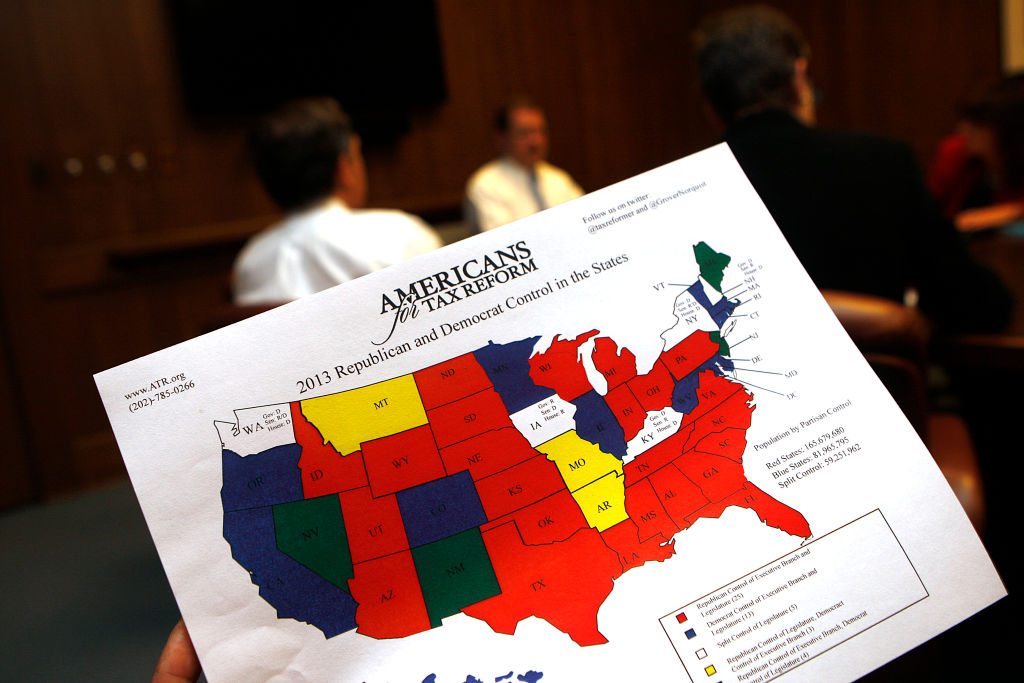2023 has seen a remarkable rise in the number of U.S. states enacting legislation to protect minors from gender transition procedures, which aim to limit irreversible surgeries and permanent sterilization through cross-sex hormones among the underage population.
These measures have been realized in an increasing number of states, growing from only four states–Alabama, Arkansas, Arizona, and Tennessee–before 2023 to a total of 21 by mid-2023, covering almost three-quarters of Republican-controlled state legislatures.
Seventeen more states have joined the previous four this year, including Florida, Georgia, Idaho, Indiana, Iowa, Kentucky, Louisiana, Mississippi, Missouri, Montana, Nebraska, North Dakota, Oklahoma, South Dakota, Texas, Utah, and West Virginia.
Eight Republican-controlled states – Alaska, Kansas, New Hampshire, North Carolina, Ohio, South Carolina, Wisconsin, and Wyoming – have yet to pass related legislation.
Conversely, several Democrat-controlled states, such as California, Colorado, Maryland, Minnesota, Vermont, and Washington, have declared themselves “sanctuary states” for minor gender transitions. The partisan divide is notable, as bills aimed at protecting minors from gender transition procedures have been largely unsuccessful in Democrat-controlled states.
Efforts to track these legislative shifts often focus on the number of bills introduced, rather than those passed into law. This methodology, used by organizations like the ACLU, can distort the actual legislative landscape, inflating the number of distinct policies introduced when, in reality, many bills contain substantially similar language.
Despite numerous legislative victories, several states still have work to do. For instance, the West Virginia Senate removed all enforcement mechanisms from their bill, while Georgia’s legislation only includes one enforcement method. The room for improvement suggests the movement to protect minors from irreversible gender transition procedures will continue to be a significant issue in state legislatures in coming years.
A key development in the debate is the increasing confidence and boldness of legislators in taking action, after being informed about the facts surrounding gender transition procedures, their questionable medical standing, and potential harm to minors. This has seen large numbers of legislators across partisan divides, predominantly Republicans, stand against conventional political forces to support protecting children.
The voting margins in favor of these laws often reflect this shift, with many bills being approved by two-to-one or even three-to-one margins. This surge in support indicates a growing political consensus around protecting minors from irreversible gender transition procedures.













